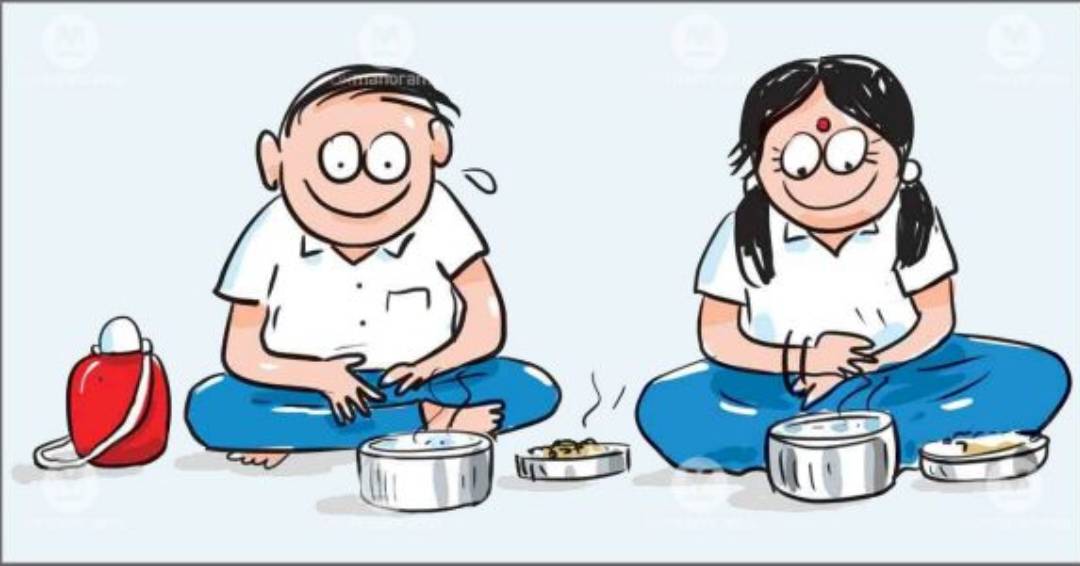
The noon-meal scheme implemented in schools across Kerala has been widely considered a success, even in the face of financial constraints.
Head teachers in Kerala’s schools find themselves waiting for an outstanding amount of Rs 130 crore, which they have expended over the past three months to sustain the noon-meal program for students. Of this total, Rs 80 crore is the share from the Central government, with the remaining Rs 50 crore to be provided by the State.
The financial strain has reached a point where head teachers are resorting to borrowing money with interest to keep the noon-meal initiative afloat, as they have yet to receive the funds. Recently, one head teacher, who had to secure a loan of Rs 2 lakh, wrote to authorities expressing the challenges faced in maintaining the program at his school.
J P Anish, the headmaster of Vidyadhiraja Lower Primary School in Thiruvananthapuram, voiced concerns about the possibility of discontinuing the noon-meal scheme due to the fund shortage. In response, the Education Minister’s office urged him to retract the decision.
The disbursement process for these funds involves a 60:40 split between the Centre and the State. The Centre’s portion is contingent upon the State submitting detailed financial statements of the preceding months. Funds are released only after the accounts of the previous installment are furnished. With head teachers contemplating halting the noon-meal scheme, the State government is now racing to provide the required accounts to the Centre.
The noon meal program offers free meals to over 30 lakh students up to Class 8 in the State. The government allocates Rs 8 for each child per day in schools with 150 students, with Rs 7 per additional child up to 500 students, and Rs 6 for each child beyond 500 students in schools. In 2021, the Education Department sought an increase in these rates by Rs 4, which had been set in 2016.
The rice for the scheme is supplied free of cost from Maveli stores. Additional amounts ranging from Rs 6 to Rs 8 are designated for each child to cover expenses for transporting the rice to the school, as well as purchasing eggs, milk, vegetables, groceries, and cooking gas. Notably, although the State has a separate egg and milk scheme, no supplementary funds have been allocated for this initiative.
In response to this situation, teachers’ associations are planning to stage a protest, demanding the prompt payment of the accrued arrears from the noon-meal scheme. The Kerala Pradesh School Teachers’ Association (KPSTA) is organizing a three-day ‘satyagraha’ and a march to the Education Minister’s residence, with Opposition Leader V D. Satheesan inaugurating the protest on September 13 and a demonstration march on September 16 led by Ramesh Chennithala, another Congress legislator. The Kerala Private Primary Headmasters’ Association is also convening a meeting on September 6 to determine their course of action.

Post Your Comments